Called the human connectome, the structural system of neural pathways in the brain or nervous system develops as people age.


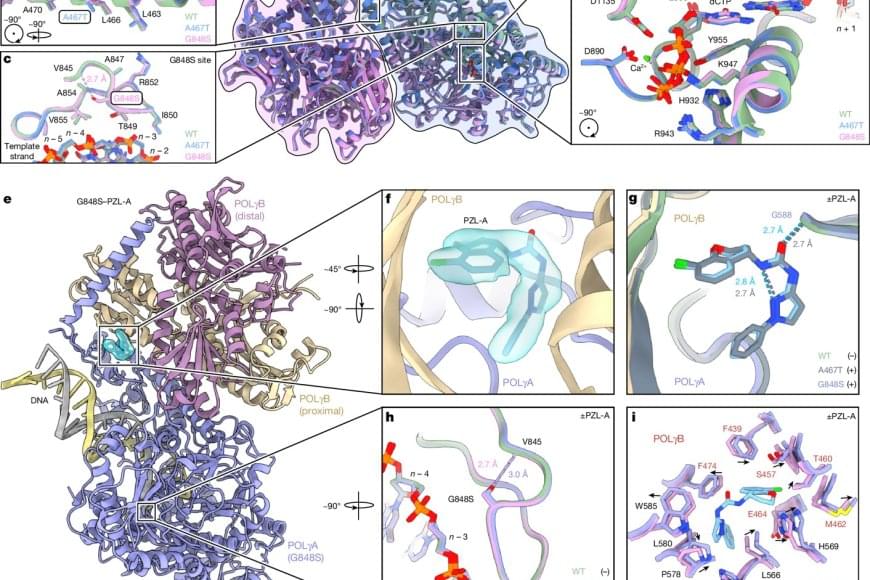
Mitochondrial diseases caused by POLG mutations vary in severity. In young children, these diseases can quickly result in brain damage and life-threatening liver problems while others suffer muscle weakness, epilepsy, and organ failure later in childhood. POLG mutations recently received media attention when Prince Frederik of Nassau in Luxembourg died in March 2025 at just 22 years of age.
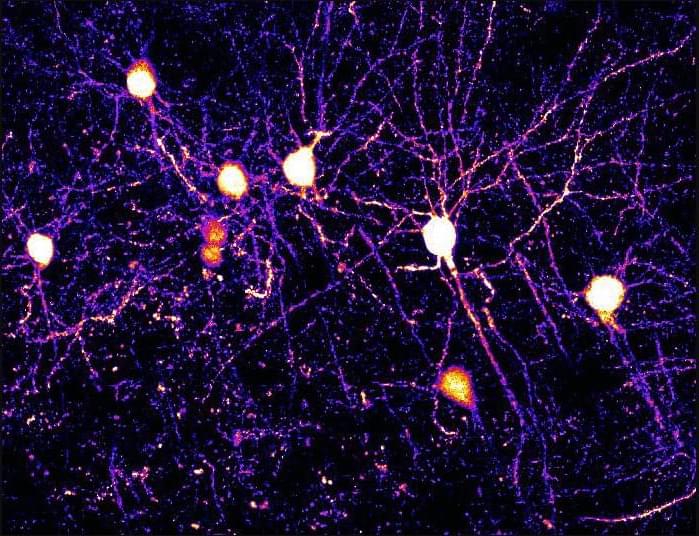
Could a tiny dose of gold restore sight? Researchers at Brown University have developed a groundbreaking retinal prosthesis using gold nanoparticles and infrared light to bypass damaged photoreceptors in retinal disorders like macular degeneration.
This minimally invasive method successfully activated the visual system in mice, offering promising early evidence for future clinical applications. Learn how this innovative fusion of nanotechnology and neuroscience could revolutionize treatment for millions suffering from vision loss.
#vision #visionloss #neuroscience #science
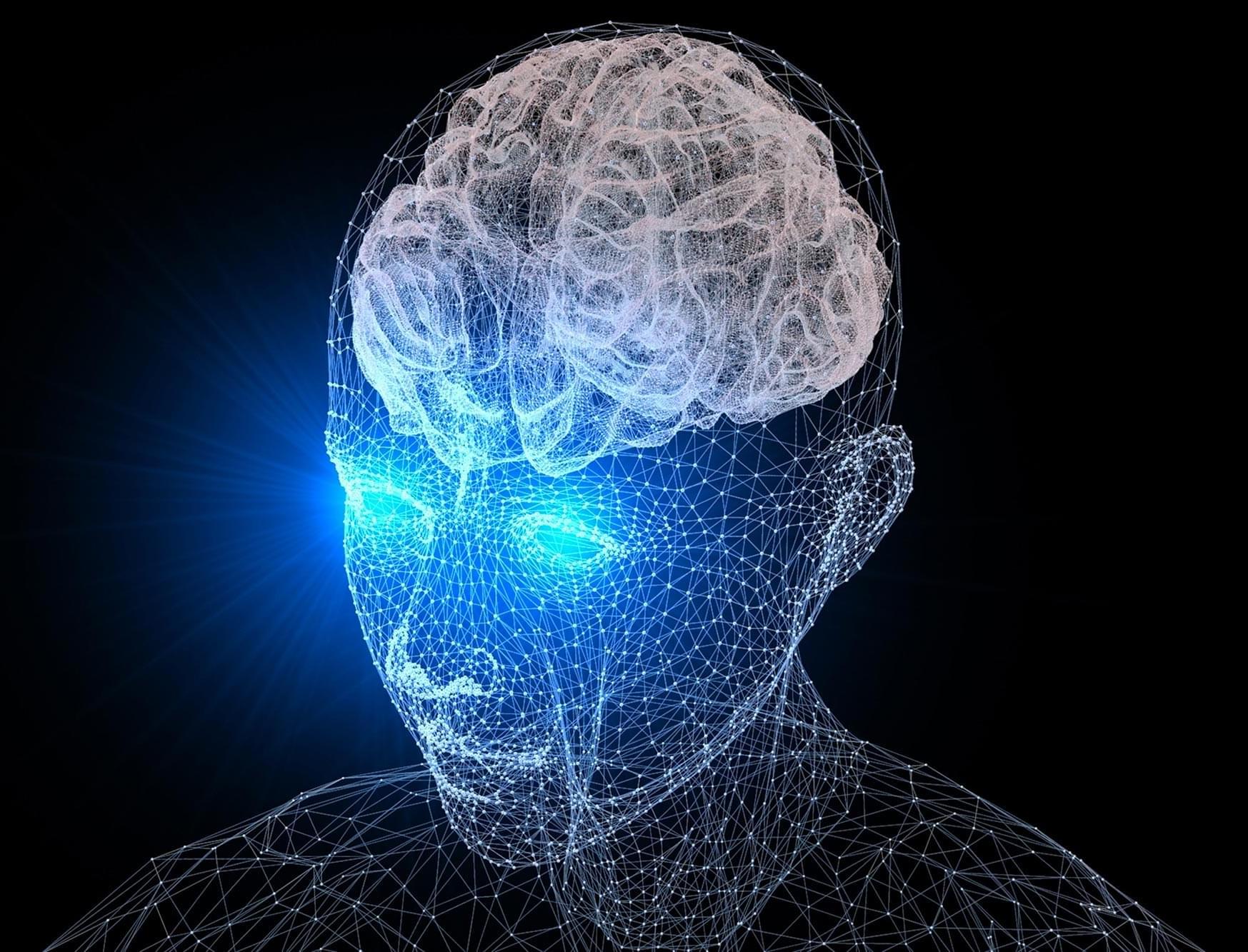
The human brain can learn to filter out distracting or disruptive stimuli, such as a bright roadside billboard or a flashing online banner, through repeated exposure. Researchers from Leipzig University and Vrije Universiteit Amsterdam have demonstrated this effect using electroencephalography (EEG), showing that early visual processing in the brain changes with experience. Their findings were recently published in The Journal of Neuroscience.
Distractions tend to become easier to ignore after repeated encounters. This process, known as learned suppression, plays a key role in the visual system and complements our ability to consciously direct attention. In a series of EEG experiments with 24 participants of all genders, the researchers examined how learning affects attention to highly noticeable distractions, particularly when such distractions consistently appear in the same location.
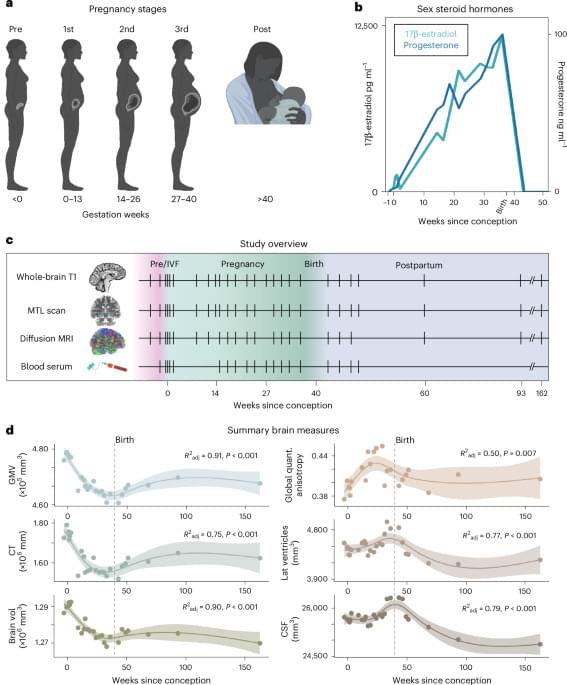
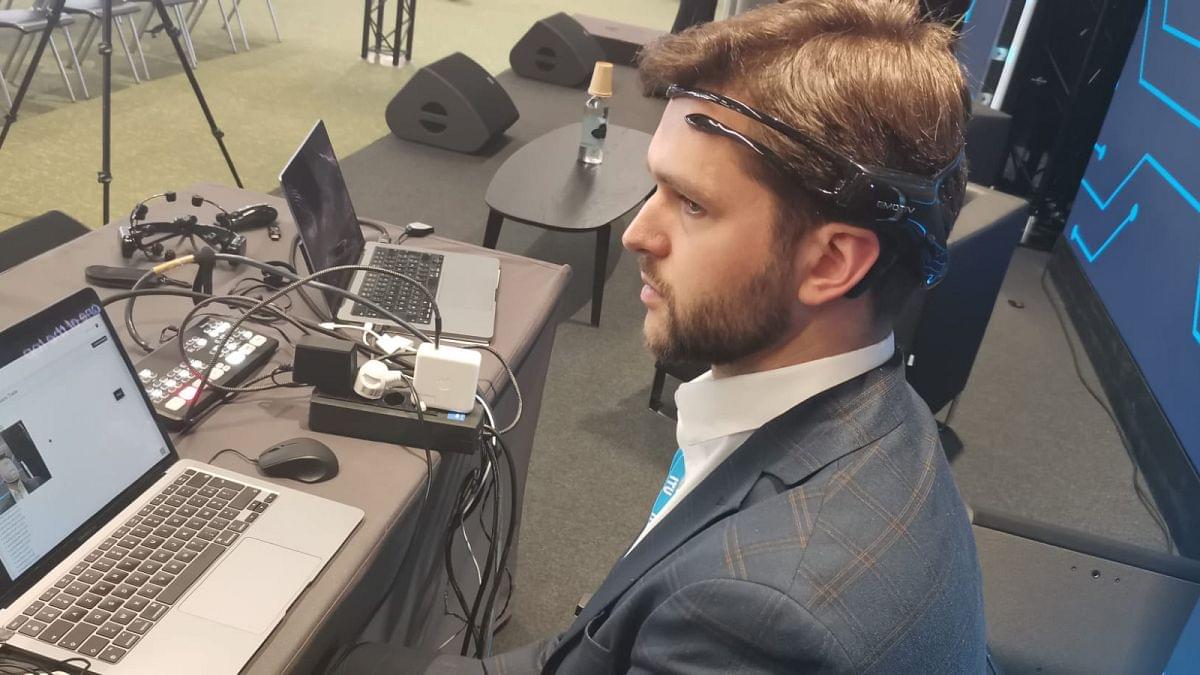

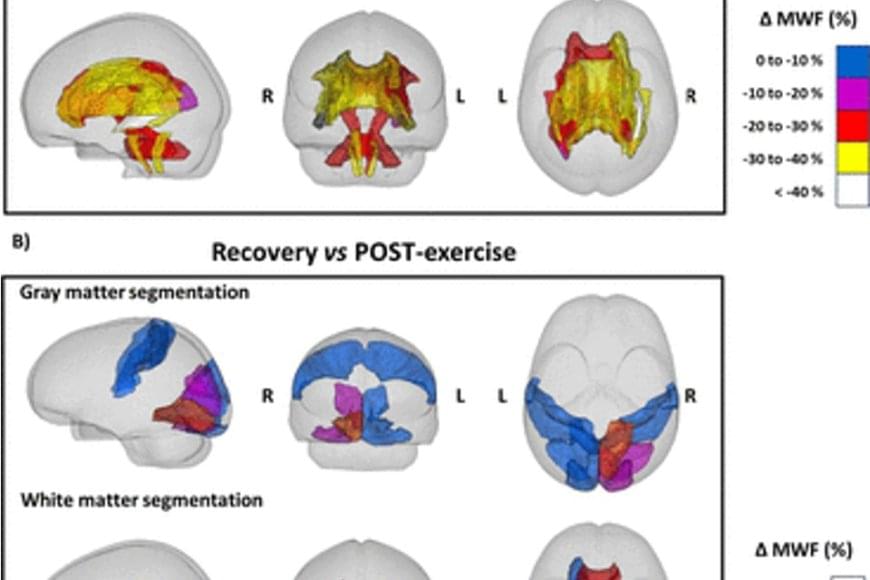
Exercise for a long period of time forces the human body to resort to its energy reserves. When running a marathon, for example, the body mainly consumes carbohydrates, such as glycogen, as a source of energy, but it resorts to fats when the glycogen in the muscles is used up. Myelin, which surrounds neurons in the brain and acts as an electrical insulator, mainly comprises lipids, and previous research in rodents suggests that these lipids can act as an energy reserve in extreme metabolic conditions.
A study conducted by researchers shows that people who run a marathon experience a decrease in the amount of myelin in certain regions of the brain. According to the study published by Nature Metabolism, this effect is completely reversed two months after the marathon.
The researchers used magnetic resonance imaging to obtain images of the brains of ten marathon runners (eight men and two women) before and 48 hours after the 42-kilometre race. Likewise, the researchers took images of the brains of two of the runners two weeks after the race, and of six runners two months after the race as a follow-up.
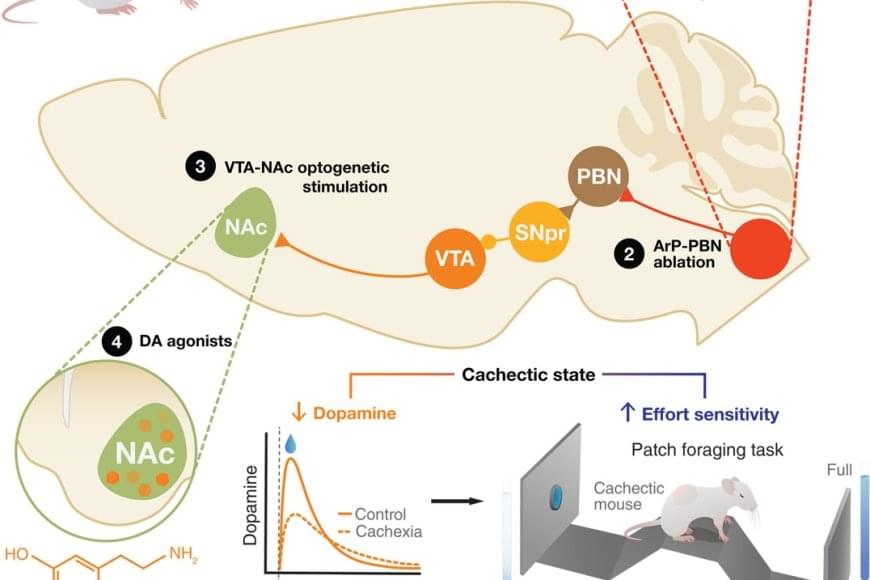
The fatigue and lack of motivation that many cancer patients experience near the end of life have been seen as the unavoidable consequences of their declining physical health and extreme weight loss. But new research challenges that long-held assumption, showing instead that these behavioral changes stem from specific inflammation-sensing neurons in the brain.
In a study published in Science, the researchers report that they identified a direct connection between cancer-related inflammation and the loss of motivation characteristic of advanced cancer. Studying mice with cancer-linked cachexia, a condition typical of the disease that leads to muscle wasting and weight loss, they discovered a previously unrecognized pathway in the brain. This pathway senses inflammation and actively suppresses dopamine — a key driver of motivation — resulting in apathy and loss of drive.
Blocking the pathway restored motivation, even though the cancer and weight loss continued. This indicates that apathy can be treated separately from the disease itself.